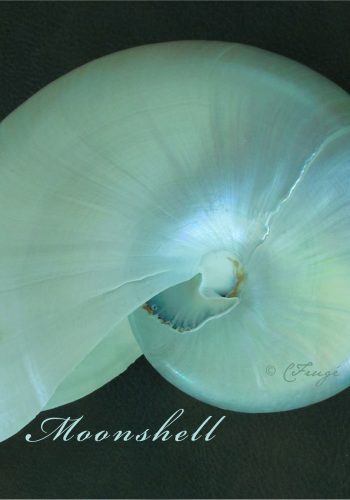
Do you deserve a gift?
Some years ago, while reading Miss Manners, one bit of advice struck me and has stayed with me since.
Author Judith Martin said that people should not use notes preprinted with Thank You when writing a thank you note.
Dear Miss Manners:
How should thank-you cards––the good white ones that usually have “thank you” in gold script on the front––be properly used?
Gentle Reader:
Over Miss Manners’ dead body. If you can’t take the trouble to write out the words “thank you” yourself, you do not deserve to have anything for which to thank anyone.
Miss Manners Guide to Excruciatingly Correct Behavior, Freshly Updated
Those preprinted words Thank You train the recipient of the note to expect nothing personal. Already on the way to the trash, those preprinted words read as an obligation met, a chore, a checklist for wedding gifts, graduation gifts, baby shower gifts, birthday gifts––gifts en masse.
Are you thankful? Thankful enough to compose a note that when the receiver opens your note, awareness of your genuine pleasure and gratitude comes across?
Having traveled from your head and your hand through the mail to the hands and head of another person who will read your words, keep in mind the effect you hope your words will have.
A gift given says more about the giver than the recipient.
This is your opportunity to think about that person who gave you a gift.
A note of thanks should express thoughts of that person who spent time, trouble and expense to place a gift in your hands.
Especially when a gift is received by mail or otherwise delivered, or left on a table at a wedding reception, a thank you note for a gift serves first and foremost as acknowledgement of its receipt.
In the news is a story about a woman in Texas dubbed “The Wedding Crasher.” Captured on video but not caught (yet), this person appeared at wedding receptions and stole money, gift cards and checks.
In this case, there is no way for the gift-giver to expect a thank you note.
Stop and think about it.

You need to say, to write out the words stating that you received their gift.
Even when someone hands you a gift in person, you should display tangible gratitude by writing that person a note.
Handwritten words reinforce the hug you gave that person when you opened their gift. They get to relive that moment when they read your words.
A pattern to follow
Consider first the gift giver’s relationship to you, and then mention the gift they gave.
Dear Aunt Mildred,
You remembered my birthday, which made the day even more special. You know how much I like/or need (whatever). How thoughtful of you to send me this gift.
Here’s where you can get specific and state what the gift is and how you will use it. If the gift is money, tell the person how you intend to spend the money they sent.
It’s especially nice for the gift-giver to know that a gift received is something you wanted. Still, even if you don’t like a gift, a note that acknowledges the gift’s receipt is appropriate and appreciated.
Best not to complain or critique the gift if you want to remain on that person’s gift list.
ingrate––a person who shows no gratitude; thankless wretch; ungrateful person
Presence and Presents
Not just presents, but the gift of presence affords the opportunity to send a note of thanks.
For an act of service. For a dinner you attended. For time someone gave up in order to be with you. For a trip you shared. For any hospitality extended to you.
Thought behind the words thank you applies to lots of situations and can never be said too often.
In the case of thank you notes, the thought alone is not enough.
Your note stands for your presence, allowing you to say what you feel about the gift and the giver.
Nobody owes you a gift. But when one is received, you owe that person a note of thanks.




